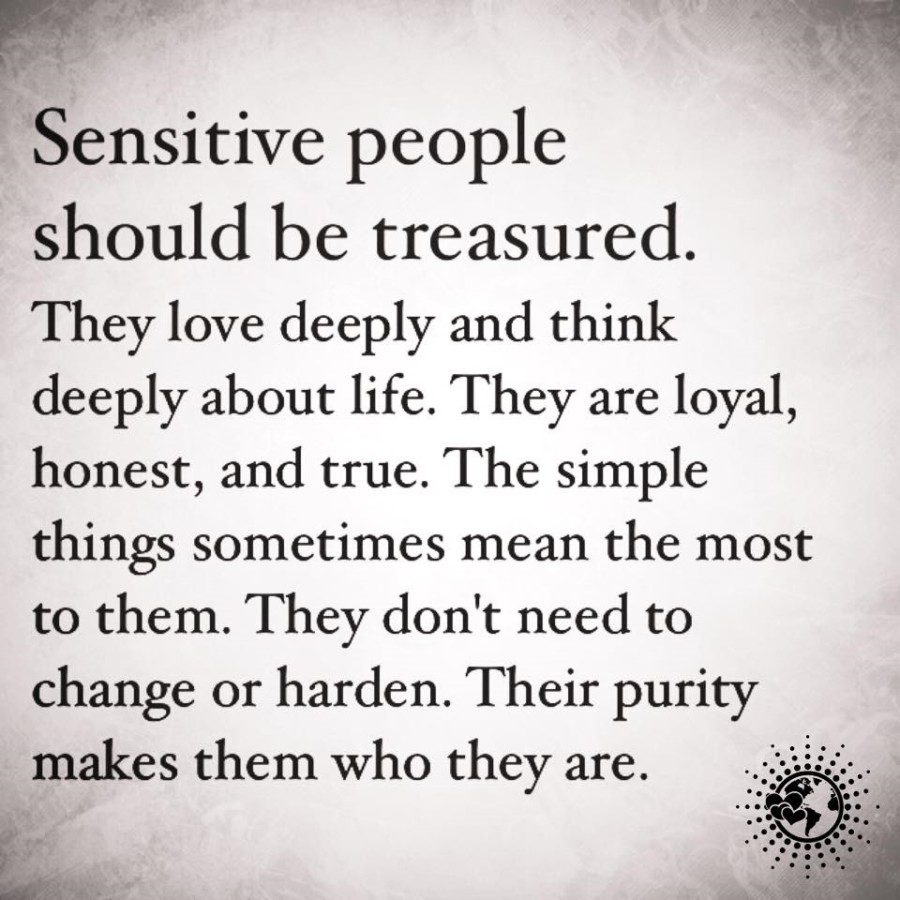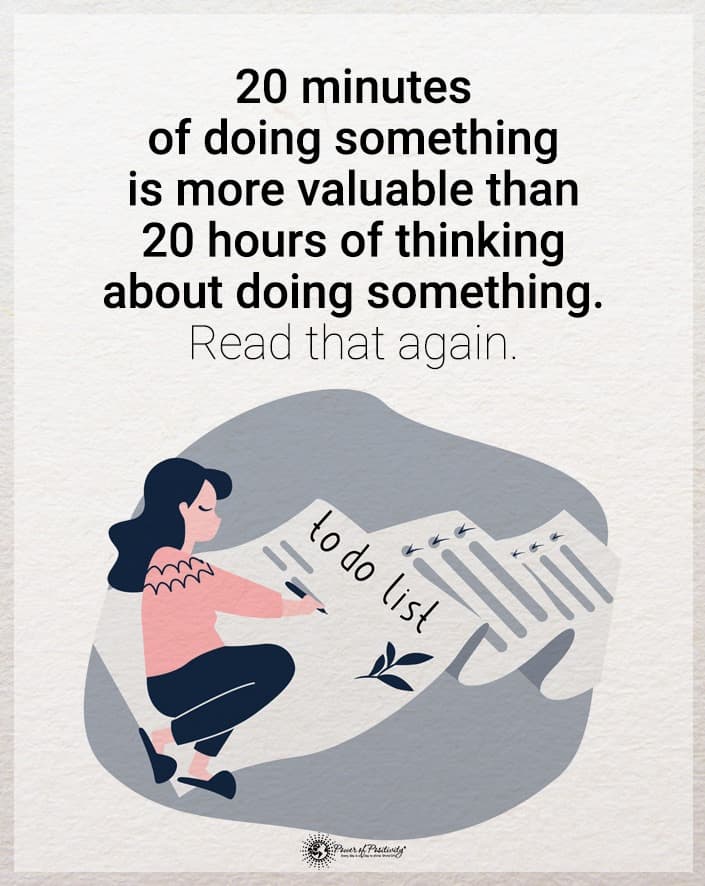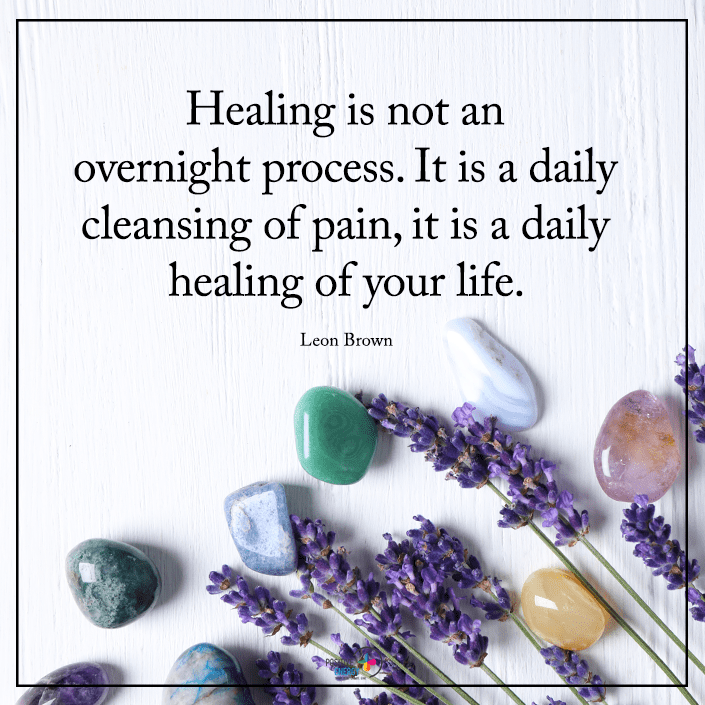Highly intuitive people absorb everything in their environment like a sponge and can easily read people’s energy. They have an innate ability to know things before they happen, almost as if they’re channeling a higher frequency. Their incredible intuition allows them to experience life on a deeper level than most people. Some would describe them as overly sensitive, but that’s a core part of an empath’s personality.
However, sometimes they feel overwhelmed with others’ emotions and need time to recharge. Highly intuitive people tend to take care of everyone else before themselves. They can easily drown under the weight of people’s pain if they don’t learn to shield their energy field. Sensitive people care deeply about helping others, but they must also learn how to take care of themselves.
Do you feel like a highly intuitive person? Below, we’ll discuss common types of intuitive empaths and their characteristics. Also, we will teach you how to protect yourself from negative energy and remain grounded.
Four Types of Highly Intuitive People
1. The Highly Intuitive Empath.
This type of empath possesses heightened intuition and can easily understand others’ emotions. They can read a person without having to say a word, as body language and energy speak volumes. Unfortunately, they can confuse other people’s feelings with their own and become overwhelmed by negative emotions. Highly intuitive empaths may also get disoriented by chaotic environments and loud noises.
2. Claircognizant Intuitive Empath.
Clairvoyant empaths have telepathic and psychic abilities that allow them to predict an event before it happens. This inner knowing can help them understand someone’s true intentions or decide how to proceed in difficult situations.
3. Emotional Intuitive Empath.
Like highly intuitive people, emotional empaths can read others like a book. They know how you feel the second you walk into a room and relate easily to people’s emotions. This gift may seem beautiful, but it has a dark side. Empaths can feel drained by too many stimuli and conflicting emotions if they don’t learn to protect their energy.
4. Animal and Plant Intuitive Empath.
This unique type of empath feels a deep connection to nature and animals and believes they can speak their language in a way. These highly intuitive people have a gentle, motherly energy that instantly puts people at ease. Animals also feel comfortable in their nurturing presence and gravitate toward them. If you’ve seen someone feeding birds at a local park, they likely have this energy.
5 Self Care Techniques for Highly Intuitive People
Highly intuitive people have beautiful personalities and pure hearts. They want everyone to feel happy and free from suffering, but they often absorb people’s pain and ignore their own needs. Therefore, empaths must practice self-care and learn to detach from others’ pain.
It’s possible to sympathize without getting wrapped up in their emotions. We should keep our hearts open to others but also remember to extend this compassion to ourselves. Below, we’ll offer a few tips on how to stay grounded and balanced for highly intuitive people.
1. Sensitive People Should Take Breaks Often.
Highly intuitive people need time to process emotions and revitalize their batteries throughout the day. Running nonstop from one meeting to another can easily frazzle this sensitive personality. So, schedule some time between tasks to recenter and find peace of mind. You can’t pour from an empty cup, after all.
2. Avoid or Limit Exposure to Negative People.
We live in a dualistic reality where both positive and negative energies exist. Since empaths have difficulty separating their emotions from others, they get drained quickly in social settings. Even positive people can exhaust their batteries because most empaths are introverts, preferring to spend time alone. But overly negative people can make them feel sick or unbalanced. So, listen to your gut when you’re around people because your intuition never lies.
3. Highly Intuitive People Should Protect Their Energy.
You risk becoming imbalanced When you open up to the world without grounding yourself. It’s easy to drown in a sea of emotions as you absorb the energy around you. You start to feel disconnected from your true nature when you allow too many people into your circle. Therefore, empaths should shield themselves from unwelcome energies, especially in crowded environments. One way to do this involves visualizing a shield or aura of white light around you while socializing. By rooting down into your energy field, you’ll avoid the toxic, draining frequencies of others.
4. Spend Plenty of Time In Nature.
Nothing heals the mind, body, and soul like spending an afternoon in the great outdoors. Since we’re also nature, we must reconnect with the Earth to remain grounded. Living in a crowded city, you can still commune with nature in local parks or trails. Walking barefoot through the grass can help you connect to Earth’s electromagnetic field and relieve stress. If you live near a beach, take off work one afternoon to relax and listen to the waves.
We desperately need this time with Mother Earth to remember our authentic selves, free of societal programming. Highly intuitive people benefit from spending time in nature as it calms their overactive nervous systems.
5. Sensitive People Should Meditate.
More than any other technique or exercise, meditation brings you back to your center and purest state of existence. We can only hear the supreme intelligence within by quieting the mind and heart. Numerous types of meditation exist, and there isn’t a right or wrong way to practice. For instance, sitting quietly with your legs crossed and watching your breath can serve as meditation.
Or, you might prefer doing breathing techniques or body scans to increase your awareness. Whatever method you choose, try to set aside at least 30 minutes to one hour each day for meditation. Meditation can assist highly intuitive people with channeling higher vibrations and moving from matter to pure energy.
Final Thoughts on Self-Care Tips for Highly Intuitive People
Many intuitive people and empaths feel burdened by their gifts from the universe. Perceiving and understanding people’s emotions often seems more like a curse to them. However, highly intuitive people can learn to appreciate and use their abilities to help others. By grounding themselves and protecting their energy, they can rise above others’ vibrations and emanate their own. They can stand firm amidst the chaos, knowing they have the tools to overcome challenging situations.
The most important lesson an empath can remember is to care for themselves before reaching out to others. Once they’ve cleared their energy blockages, they can serve people without feeling overwhelmed by their sensitive natures.





















